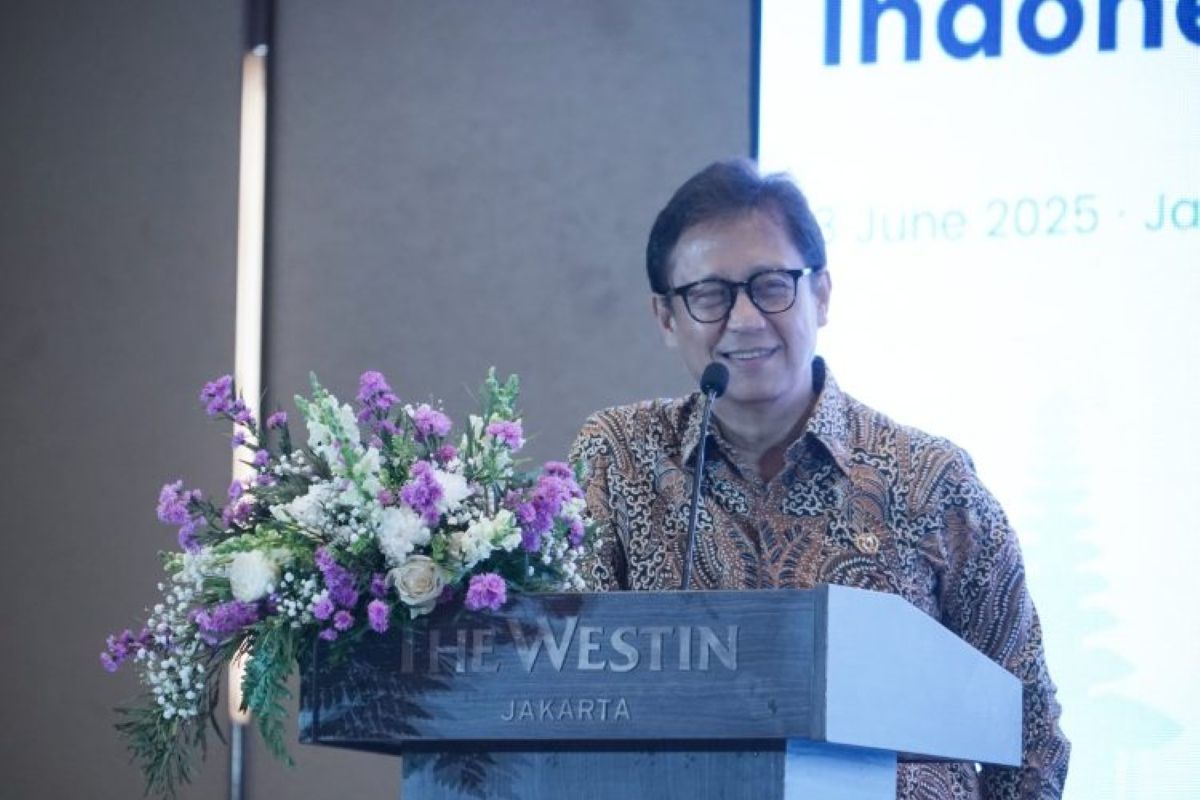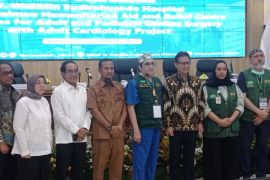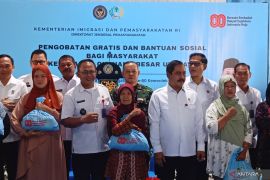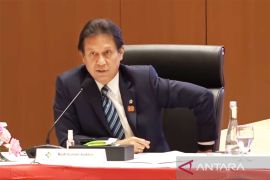In a statement received here on Monday, Health Minister Budi Gunadi Sadikin highlighted that access, quality, and cost remain key issues in the system, but the most significant challenge is the availability and distribution of human resources across Indonesia.
"The equipment is readied, the funding is also prepared, but the number and distribution of our human resources are still very inadequate. If the human resources issue is not (addressed), services will remain limited, and people will be forced to seek (treatment) in faraway places," Sadikin stressed.
Hence, the government encourages universities to educate more people to create additional talent and pursue cross-sectoral collaboration to improve the quality of education, research, and services in the health sector.
Through the joint committee, Sadikin said, the government fosters collaboration among government agencies, universities, and healthcare providers to develop data- and innovation-based solutions, as well as to review regulations that have hindered progress in the health sector.
He drew attention to other issues in the sector. Currently, only some 80 of 514 cities and districts have adequate facilities, like those in metropolitan cities, to treat catastrophic illnesses, such as stroke, diabetes, and heart diseases.
"If people from Sukabumi or Semarang still have to travel to Jakarta for cardiovascular care, then it means our system is not yet equitable," he noted.
Related news: Good education, health forms of true democracy: President
He highlighted the government's efforts to address the issue, including developing 66 regional hospitals and equipping medical facilities with essential tools like CT scans and cath labs. Moreover, they aim to provide all regions with basic infrastructure to better handle catastrophic diseases by 2027, he stated.
Regarding funding, the government is currently revising regulations related to the National Health Insurance (JKN), including tariff arrangements on the Social Security Agency for Health (BPJS Kesehatan).
Sadikin stated that insurance should cover fees for prioritized conditions, such as life-threatening diseases, rather than simply the number of medical interventions performed.
In the same statement, Higher Education, Science, and Technology Minister Brian Yuliarto stated that cross-sectoral collaboration is necessary to address the complex issues in the health sector.
He expressed hope that the joint committee can initiate improvements in education, research, and the healthcare system as well as deliver tangible benefits to the people. Yuliarto also called on universities to actively formulate an education system that can solve the aforementioned problems.
"Researchers from other fields must also take part, so we can create technology or regulation that can truly support our healthcare system," the minister stressed.
His administration is currently formulating a scheme to improve specialists' training and education, as part of broader healthcare system reforms.
Related news: Foreign partnerships boost Indonesia's health sector, says official
Related news: Health, education to determine Indonesia's future: Bill Gates
Reporter: Mecca Yumna Ning Prisie
Editor: M Razi Rahman
Copyright © ANTARA 2025












